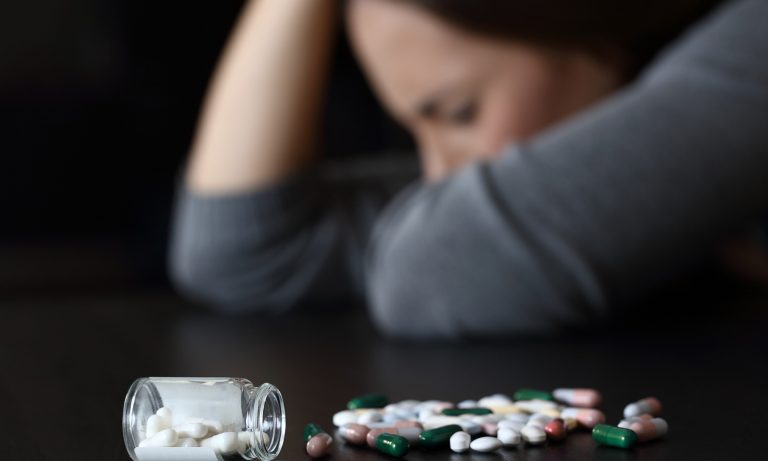
The term “addiction” is often used with in a flippant manner. People may assert that they are hooked to watching television, going shopping, or playing video games. And despite the fact that these issues have the potential to engulf some individuals in a very tangible sense, there are countless more who are addicted to illegal drugs and other substances that are putting their lives in far more jeopardy than these issues. When a person’s brain can only operate properly in the presence of a certain drug, they are said to be dependent on that drug. This dependency causes the individual to feel compelled to continue using the substance. It is possible to avoid or lessen the severity of some of the negative effects of addiction if you are able to recognize the warning symptoms of substance abuse from young adult rehab in yourself or in a loved one.
It Has An Effect On The Heart
Certain narcotics may provide their highs at the price of heart health by speeding up the heart rate and producing disruptions in the regular rhythm of the heartbeat (also known as inducing arrhythmia). Even light or recreational usage over a long period of time may have significant negative consequences on the heart. These effects are greatly magnified when addiction is present.
Cocaine in particular has been given the nickname “the best drug for a heart attack” for a variety of different reasons. Abuse of the medication may result in an increase of over 30% in the stiffness of the aorta as well as an increase in the thickness of the walls of the ventricles by over 18%. These are two key variables that enhance the chance of having a heart attack or a stroke. Other substances, including as amphetamine and ecstasy, may also have a negative influence on cardiovascular health over the long term. These drugs raise heart rate and blood pressure, which both contribute to an increased risk of cardiovascular disease and stroke.
The Brain Is Impacted.
Because the brain is the organ that experiences the first rush of hazardous substances, here is also where the consequences of drug and alcohol use are likely to be the most profound. Abuse of these drugs over an extended period of time has an effect on the structure and function of the brain. Because the brain is pliable and continues growing throughout adolescence, any changes to the brain that occur during this period might have consequences that last a lifetime. Particularly detrimental to the development of the teen’s motor abilities, logic, reasoning, and memory are prolonged periods of significant substance or alcohol use throughout this stage of the adolescent’s life. It’s possible that your adolescent will experience these consequences even after they’ve reached adulthood.

According to the findings of several studies, there may be a connection between chronic drug abuse and the co-occurrence of mental disorders. Because of the way that the brain is remapped and reconfigured over the course of years of behavior that is dependent on drugs or alcohol, the brain may remain in an altered state in certain cases. This is what occurs in some situations of long-term usage of cocaine or meth, when the individual continues to have panic attacks and hallucinations even after they have stopped taking the drugs for a significant amount of time.
Impact On Work Life
When faced with the pressures of work and school, some people find that turning to substances like alcohol and drugs is the best way to de-stress. Unfortunately, this may have a negative impact on both your academic and professional careers. Work and education will go by the wayside as the individual is consumed by their addiction.
When the negative effects of their drug usage become very obvious, they may show up high or hung over, or they may just not show up at all in order to continue to exacerbate their issue. They should anticipate a decline in both their performance and their reputation as a result of this action on their part. They run the danger of being immediately suspended from school or fired from their job if their lack of effort becomes too obvious or if they are found using drugs on campus or at work.






